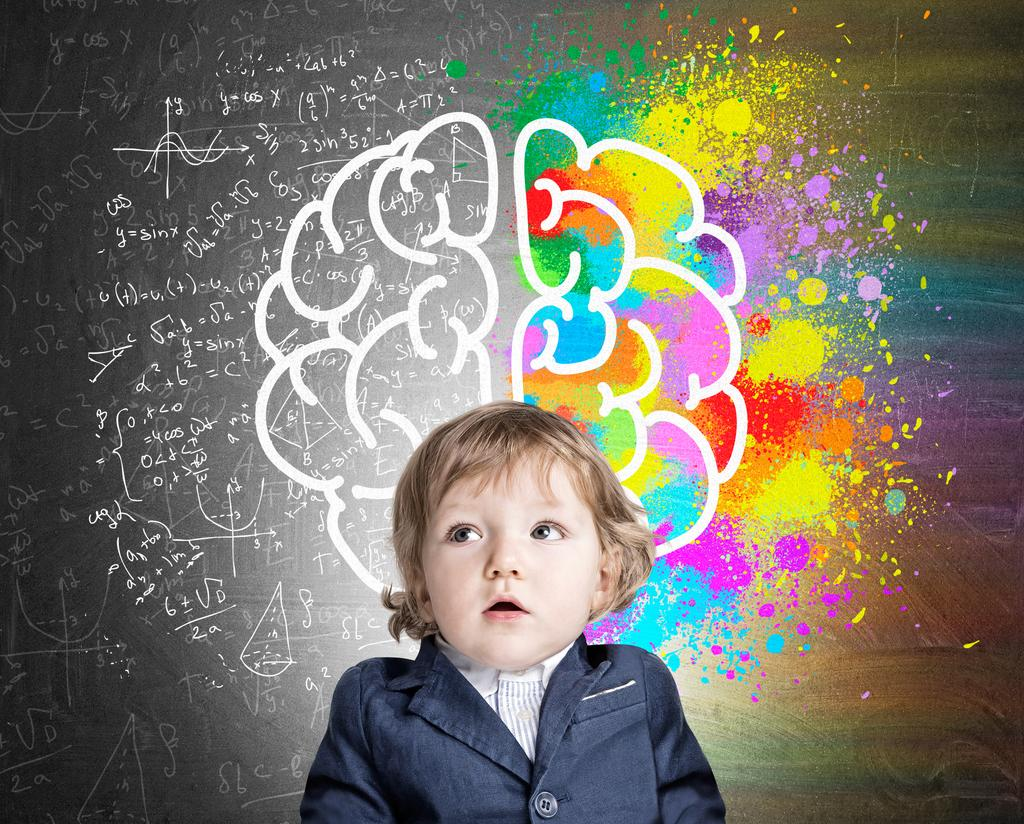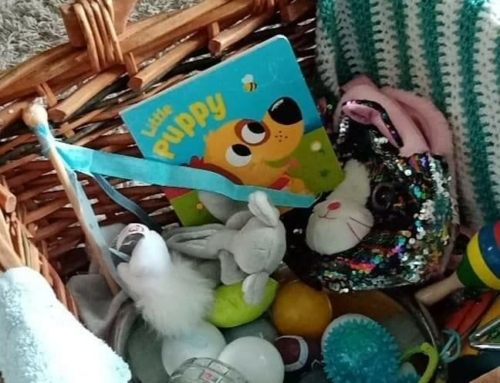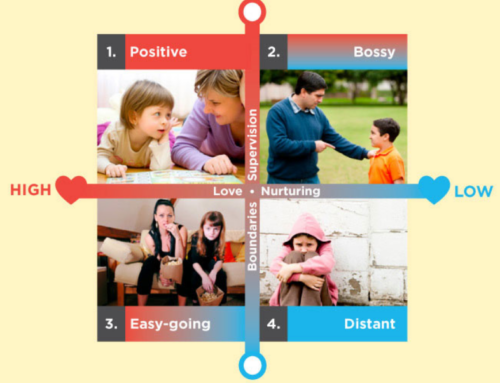The most important development that is taking place in your child throughout the first five years is the development of the central nervous system, including the brain. Children’s brains are like sponges taking in everything around them. A reason for this is because the brain is developing faster than any other part of the body.
Did you know by age three, the average child’s brain has reached about 75% of its adult weight. By age five, it reaches 90% of its adult weight. This shows the importance of preschool years in brain development.
The human brain has three main parts -the brain stem that controls reflexes and involuntary processes, the cerebellum that maintains balance and the functions of the muscles and the cerebral cortex, the largest and most important part of the brain where memory and intelligence functions take place. It also contains centres for seeing, hearing, taste and smell.
Early brain development forms and reinforces brain connections which is where everything we know about the world is learned from and it forms the foundation of a person’s lifelong ability to learn and adapt.
As a parent you play an important role in determining how your child’s brain develops and can provide your child with opportunities to help them form healthy brain development. The Growing Child Programme provides some insights on how you can support healthy brain development in your preschool child:
Environment
Your child’s environment and life experiences in the first five years help shape how their brain develops – both positively and negatively. There is a continuing reciprocal interaction between your child’s developing brain and your child’s environmental experiences. The neurological changes that take place in your child’s brain influence the way they respond and interact with their environment. This why the first five years of a child’s life are so important.
By providing healthy positive experiences such as simply being responsive to the needs of your child, giving your child attention, and interacting positively with your child you are creating the foundations of both a loving parent-child relationship and an environment that is secure, stable and nurturing.
These healthy environmental experiences produce more brain cell growth leading to better brain functioning which influences your child’s intellectual, emotional and social development. In addition, they also promote good attachment and self-esteem while modelling to your child how to interact in social situations, to encourage and form positive relationships later on in life.
Stimulation
Stimulation is essential to these healthy learning experiences for your child’s brain development. You can support healthy brain development by engaging in everyday activities such as talking, reading, singing, playing, walking, etc. These activities will stimulate your child to allow them to build and increase brain connections.
For example, talking to your child stimulates brain connections in the cortex that focus on language development. Repeated talking helps strengthen these brain connections which supports learning, memory and cognitive skills. Research shows cognitive stimulation at aged four has been shown to be a key factor in cerebral cortex development in late teens.
Play
Children learn through play. Play is an important aspect in your child’s brain development as play promotes growth in various parts of the brain. For example, free unstructured play, where your child plays without adult guidance, promotes the growth of brain connections in the prefrontal cortex which is responsible for emotional regulation, organising and problem solving. Pretend play, where your child is pretending to be someone else, promotes growth of the cerebral cortex which is responsible for memory, language development and intelligence.
Neural fibres that connect the cerebellum to the cerebral cortex are formed between the ages of 18 months and 4 years. These fibres are responsible for the control of fine motor movements involved in writing and drawing.
To promote the mastery of these skills we recommend you give your child plenty of drawing materials such as crayons, pencils, paint and paper to create their masterpieces. Their drawing materials don’t need to be expensive just basic drawing materials will be enough. As your child practices their drawing, painting and colouring not only are they are having fun, being creative, but they are developing and improving their fine motor skills which they will use in later school years for handwriting. If you want to find out more about Fine Motor Skills or Play check out our previous blogs on Motor skills or Play
As a parent you are playing a key role in shaping your child’s brain development. By knowing some basic information about brain development you can gain a better understanding of the learning experiences which are most appropriate for your child’s development. All the early positive learning experiences you are providing for your child in these important years are helping develop your child’s brain and contributing to their intellectual, social and emotional development. This lays the foundation for your child to build on for their future success in school, life and become a well-rounded happy individual.







